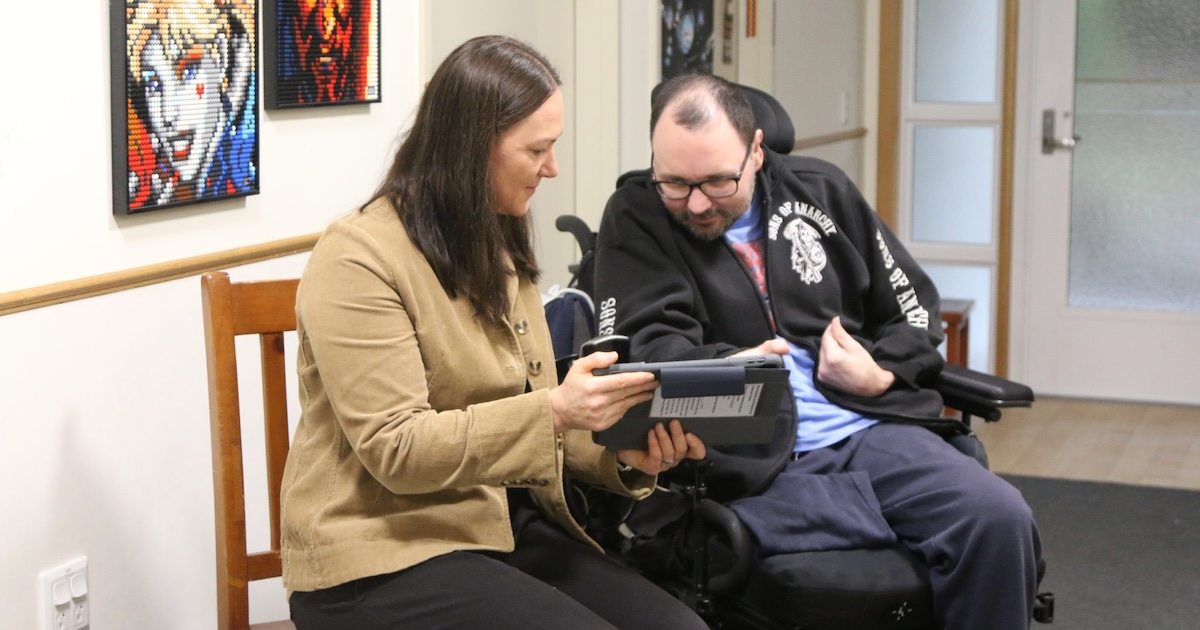The country’s regulations on gene technology are being updated to clarify the regulatory status of new genome editing techniques and provide additional benefits to cancer patients and the medical research community.
The amendments will make it quicker and easier for medical researchers to do early proof of concept work and progress to clinical trials with patients, including work to identify genes involved in diseases.
The regulation amendments had been made on behalf of the Legislative and Governance Forum on Gene Technology to make the legal position of genome editing clearer.
“Clarifying the regulations will allow health and medical researchers to be confident that they are meeting regulatory requirements, so they can proceed with their research,” Senator Bridget McKenzie, Minister for Regional Services, said in a statement.
This means that SDN-1 techniques that pose no different risks, and cannot be distinguished from conventional methods, do not require unnecessary regulation.
In another example, cancer patients could benefit greatly from Car-T Cell therapy, where patient’s cells are extracted, reengineered in a purpose built facility and injected back into the patents body to attack and kill cancer cells.
“Rapid technological developments in recent years have led to uncertainty about which techniques are considered gene technology in Australia,” Minister McKenzie said.
As part of the process to amend the regulations, the Gene Technology Regulator conducted a technical review of the Gene Technology Regulations 2001 to clarify the regulatory status of organisms developed using a range of new technologies and ensure that the new technologies are regulated in a manner commensurate with the risks they pose.
The amendments will commence from October of this year, and the Government noted organisations and individuals working with genetically modified organisms (GMOs) are cautioned to continue complying with the current gene technology regulations until that time.
Overall, the Gene Technology Act 2000 is national scheme for the regulation of GMOs in Australia, in order to protect the health and safety of Australians and the Australian environment by identifying risks posed by or as a result of gene technology.
The act also provides a framework to manage those risks by regulating certain dealings with genetically modified organisms.
The changes follow the Prime Minister’s recent announcement to provide $105 million co-investment from the Commonwealth to establish a cellular immunotherapy centre, which will provide CAR-T cell therapy. The investment will support a new manufacturing facility specifically for cell therapies.
